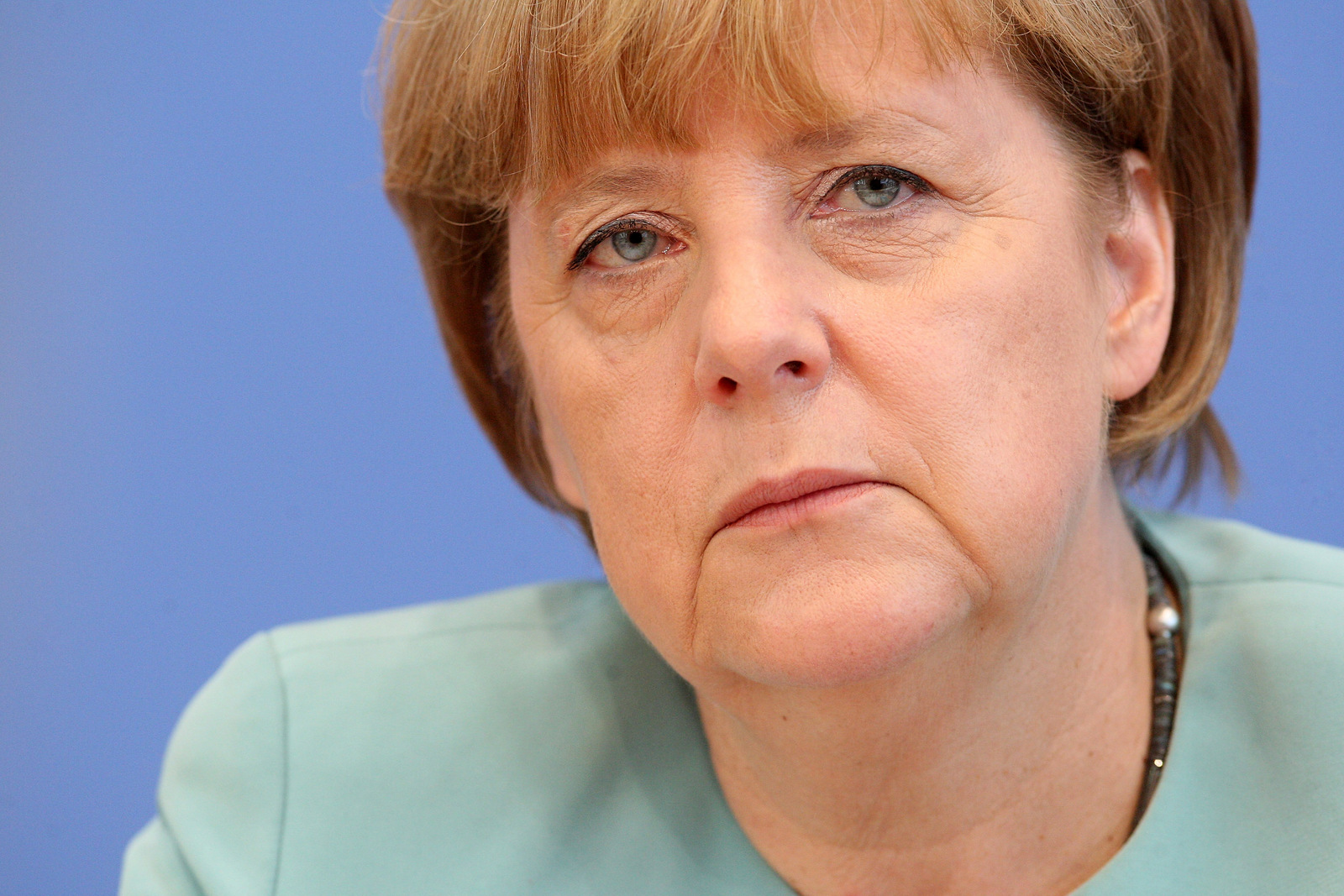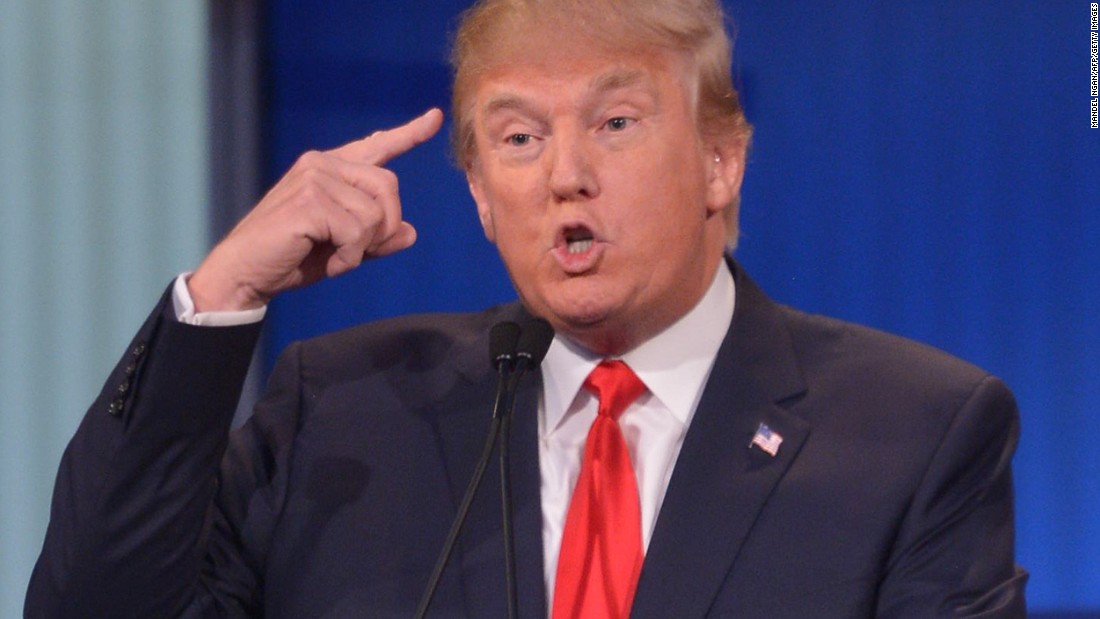
Germany Bans Weapons Sales To Turkey Over Syria Offensive
By AFP
Germany said Saturday it is halting sales of weapons to Turkey over its widely criticised operation against Kurdish militias in northern Syria.
Germany, along with many of its allies, has condemned the offensive that Ankara says is targeting the Kurdish People’s Protection Units (YPG) militia — a force that has played a key role against the Islamic State group in Syria.
It joins the fellow NATO members the Netherlands and Norway, along with Finland, in suspending arms sales to Turkey.
“In the context of the Turkish military offensive in north-eastern Syria, the government will not issue any new permits for any military equipment that could be used in Syria by Turkey,” German Foreign Minister Heiko Maas was quoted as telling the Sunday edition of Bild.
Last year, Germany exported arms totalling almost 243 million euros ($270 million) to Turkey — also a NATO member — almost a third of its total weapons sales of 771 million euros.
And in the first four months of this year, sales to Turkey — its biggest customer in the transatlantic military alliance — reached 184 million euros.
Turkey’s Foreign Minister Mevlut Cavusoglu defended his country’s actions in Syria after the German announcement.
“(The offensive) is a vital issue for us and a question of national security, a matter of survival. No matter what anyone is doing, whether it is an arms embargo or something else, it only strengthens us,” he told Deutsche Welle.
“Even if our allies support the terrorist organisation (the YPG), even if we are alone, even if an embargo is imposed, whatever they do, our struggle is directed against the terrorist organisation.”
Ankara considers the YPG a “terrorist” offshoot of Kurdish rebels who have been fighting an insurgency against the Turkish state for three decades.
Germany’s population includes about 2.5 million people of Turkish origin.
Germany is one of the world’s biggest arms exporters along with the United States, Russia, China, Britain, and France.
Last year it imposed an embargo on weapons sales to Saudi Arabia after the killing of the journalist Jamal Khashoggi in Riyadh’s consulate in Istanbul.
Maas this week warned that Turkey’s operation risked the resurgence of IS in the region and that it could trigger a humanitarian disaster.




